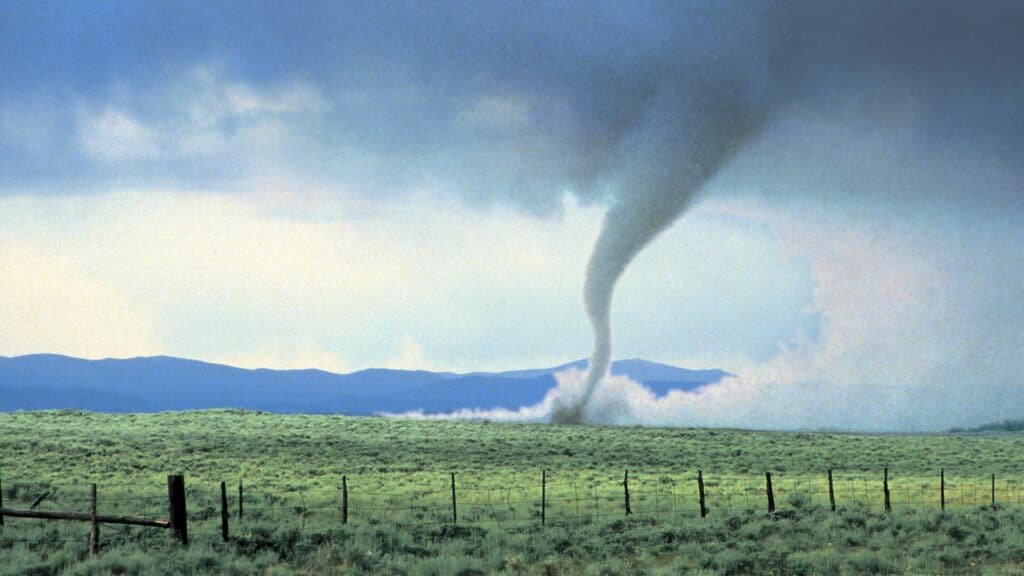The Economic Development Administration (EDA) has announced the first grant recipients of its new Recompete Pilot Program, an initiative that’s part of the federal government’s broader push to uplift economically distressed areas of the country through place-based policies and locally driven projects.
Recompete is a fresh take on economic development. It emphasizes large, flexible investments that let local leaders design and implement projects tailored to their unique needs. Aiming to boost employment rates among prime-age workers (those aged 25-54), these plans focus on revitalizing industries, fostering new businesses, supporting local workers, and addressing social issues like addiction.
A key feature of Recompete is its use of the prime-age employment gap (PAEG) as a measure. This metric looks at the difference in employment rates for prime-age workers in a given area compared to the national average. The program targets areas where this gap is at least 2.5 percent below the national average for larger labor markets or 5 five below for smaller communities. All Tribal lands and U.S. territories were eligible to apply for Recompete.
The initiative received an overwhelming response, with 565 applications requesting over $6 billion. In December 2023, the EDA selected 22 finalists to advance to the next stage and awarded 24 Strategy Development Grants to assist in planning and coordination.
Now, six Phase-2 awardees have now been announced, receiving a total of $184 million in grant funding ranging from $20 million to $40 million. These award recipients include:
1. North Olympic Peninsula Plan (Washington)
2. Wind River Indigenous-based Economy Plan (Wyoming)
3. Eastern Kentucky Runway Plan (Kentucky)
4. City of Allentown (Pennsylvania)
5. Oasis Expansion (San Juan, Puerto Rico)
6. Reinvest Northwest: Birmingham Career Accelerator (Alabama)
Three of these awardees are rural, including the largest grant of $40 million to the Eastern Kentucky Runway Plan. This project, located in central Appalachia, will provide sub-awards to St. Claire HealthCare and its partners, another Phase I finalist. Additional rural projects focus on areas affected by declines in the timber industry and other local economic challenges.
The urban winners include Allentown, Pennsylvania; San Juan, Puerto Rico; and Birmingham, Alabama—all of which suffer from high poverty rates. In the targeted neighborhoods of San Juan, nearly half the population lives below the poverty line.
Recompete’s design offers great flexibility, enabling local stakeholders to craft strategies for their specific challenges and opportunities. This includes funding for services like childcare, food assistance, and transportation—areas that are often underfunded but crucial for improving employment outcomes.
For example, the Northern Olympic Peninsula Recompete Coalition aims to boost local manufacturing through new technologies, creating new forestry jobs on Makah tribal lands. It will also support various service organizations to strengthen community services, tackling employment barriers.
Recompete is a bold effort to address deep-seated economic distress in the U.S. with adaptable, multi-year grants that support comprehensive, locally designed solutions. This approach reflects recommendations for updating federal policy to better support struggling rural areas.
Next steps involve ongoing technical assistance, peer exchange, and data collection to monitor and evaluate the program’s impact. The strong response to the initial call for proposals indicates a significant demand for this type of investment. With full funding, Recompete could greatly enhance our understanding of effective strategies for economic renewal and expand opportunities across the country. Congressional support will be crucial in realizing the full potential of this promising initiative.



















